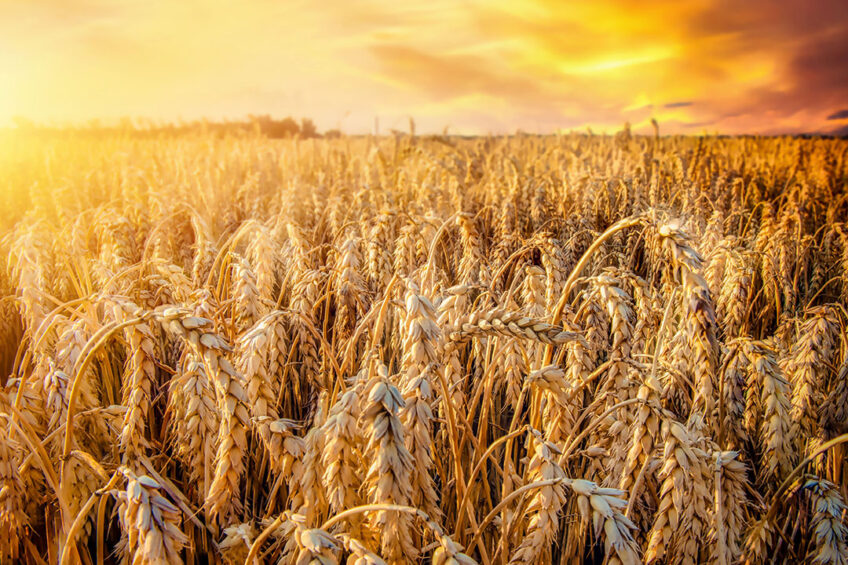Zimbabwe’s record wheat harvest expected to boost export

Zimbabwe used to be the breadbasket of Africa, mainly exporting wheat, tobacco, and corn, to the wider world, especially African nations. This year the country expects a historically massive production of wheat that surpasses the nation’s demand. With plans in place to scale up production, wheat could have significant contributions to the country’s export.
Record wheat harvest for 2022
The wheat harvesting season in Zimbabwe is underway and indications are that a total harvest of 380,000 t will be realised this year. At the current population, Zimbabwe’s trends of consumption show that the country requires about 360,000 t of wheat per year to meet domestic demand. Based on this average annual demand, a harvest of 380,000 t would mean carry-over stock of around 20,000 t.
As reported by the country’s main news channel, ‘The Herald’, Dr John Basera, permanent secretary of Lands, Agriculture, Fisheries, Water, and Rural Development, said in the report that farmers produced enough wheat (156,144 t) in 2021, a major improvement on the previous seasons’ yields.
“This year we are expecting 380,000 t from 79,000 ha of winter wheat, so this implies that there is a surplus this year. This is an amazing harvest. Besides the support from the private sector and the government’s input schemes, there was a great improvement in the supply of electricity and irrigation water. In 2020, we managed to plant 45,000 ha while in 2021 we planted 66,000 ha,” he said.
Reducing wheat imports
According to OEC reports, in 2020, Zimbabwe imported $94.8M in wheat, mainly from South Africa ($25.5M), Latvia ($15.3M), Ukraine ($11.7M), Poland ($11.6M), and Canada ($10M). The country expects zero wheat imports from now onwards, and instead, focus on export.
In a recent report, Zimbabwe Farmers Union (ZFU) executive director Mr Paul Zakariya said the country expects to cease the importation of wheat.
Self-sufficient in wheat
“Zimbabwe is set to be wheat self-sufficient going forward. Strategies that have been put in place which bring together all key stakeholders can only bring a positive result. Import substitution is the buzzword. We should never import what we can produce locally,” he said.
Boosting exports
The OEC reports that in 2020, Zimbabwe exported $816k in wheat, with the main destinations being South Africa, Zambia, and Turkey. With the country’s plans to scale up wheat production and boost exports, it is speculated that future destinations of wheat might change depending on international demand.
In a recent report, Subhashni Raj, assistant professor at the University of Hawaii-Manoa, said that the war in Ukraine, combined with supply chain issues, has contributed to price increases in cereal grains and food prices globally, but particularly in the Global South (Asia, Latin America and the Caribbean, Pacific Islands, and developing countries in Asia, including the Middle East) where countries rely on cereal imports.
Scaling up production
As reported by The Zimbabwean Mail, Agricultural, Technical and Extension Services (Agritex) acting director Mr Stancilae Tapererwa said the country presently has around 2,000 farmers growing the cereal, and plans are in place to lure more farmers and scale up production. He said that wheat farmers are being supported by the Presidential Inputs Scheme, private banks, and private companies.
“The government plans to put more than 85,000 hectares under wheat during the 2023 winter cropping season,” he said.
In another report, speaking at the high-level virtual meeting on feeding Africa, under the theme ‘Leadership to scale up successful innovations,’ President Mnangagwa said African countries must share experiences on technology and innovations to transform agriculture.
The President said the Agriculture and Food Systems Transformation Strategy recently launched in the country aims to achieve a US$8.2 billion agriculture economy by 2025 and is anchored on climate-smart technologies, extension services and increased innovations.







